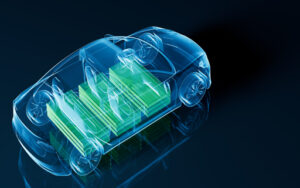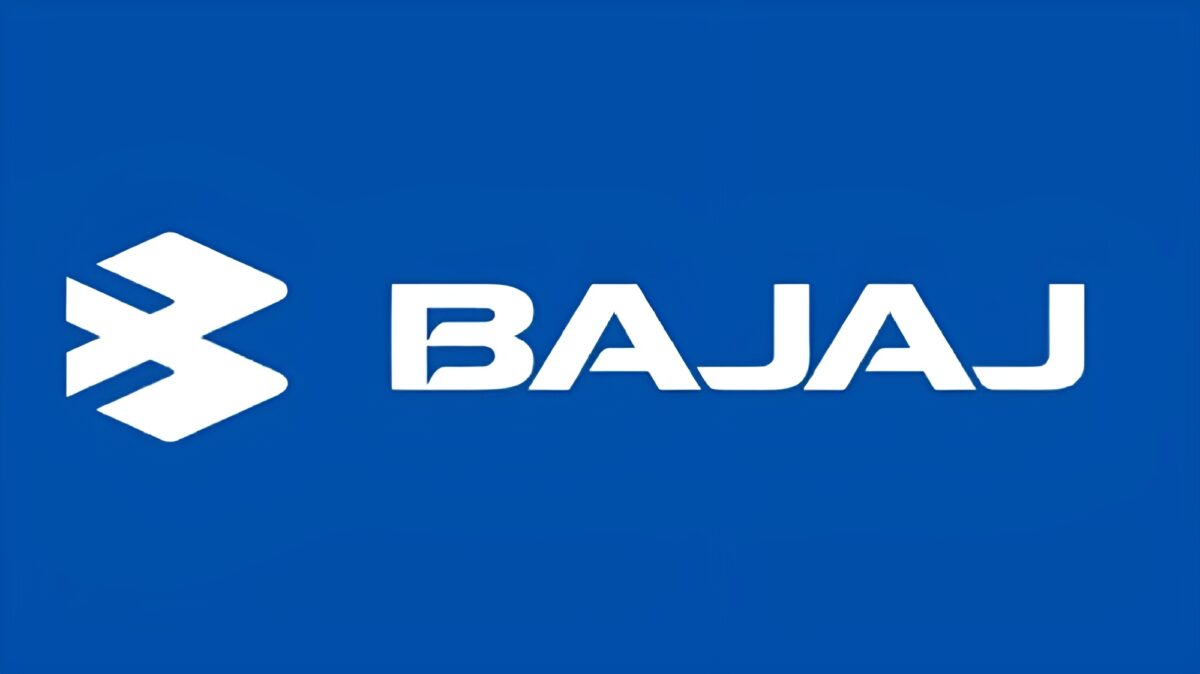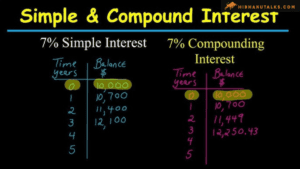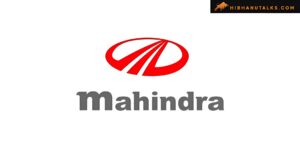
Bajaj Auto Makes History: Achieves DVA Certification for Every Electric Vehicle Model
Contents
- 1 Bajaj Auto DVA certification
- 1.1 Bajaj Auto Makes History: Achieves DVA Certification for Every Electric Vehicle Model
- 1.1.1 Bajaj Auto’s Pioneering Achievement: DVA Certification for All EV Models
- 1.1.2 The Road to Certification: How Bajaj Auto Set the Benchmark
- 1.1.3 Why DVA Certification Matters: Unlocking PLI Scheme Incentives
- 1.1.4 The Bigger Picture: What This Means for India’s EV Landscape
- 1.1.5 Conclusion:
- 1.1.6 FAQs:
- 1.1.6.1 What is the significance of Bajaj Auto receiving DVA certification?
- 1.1.6.2 How many electric vehicle models did Bajaj Auto submit for DVA certification?
- 1.1.6.3 What is the PLI scheme, and how does it benefit automakers?
- 1.1.6.4 Which other companies have received DVA certification from the Ministry of Heavy Industries?
- 1.1.6.5 How does DVA certification impact the Indian automotive industry?
- 1.1.6.6 What is the Ministry of Heavy Industries’ role in the EV sector?
- 1.1.6.7 How many EV models have been approved by the Ministry of Heavy Industries as of August 2024?
- 1.1.6.8 Why is domestic manufacturing important for India’s EV industry?
- 1.1.6.9 What does Bajaj Auto’s DVA certification mean for consumers?
- 1.1.6.10 What’s next for Bajaj Auto in the EV market?
- 1.2 Bajaj Auto DVA certification
- 1.3 NCLT Greenlights Adani Power’s ₹4,101 Crore Lanco Amarkantak Acquisition—A Game-Changing Move in Energy
- 1.1 Bajaj Auto Makes History: Achieves DVA Certification for Every Electric Vehicle Model
Bajaj Auto DVA certification
Bajaj Auto Makes History: Achieves DVA Certification for Every Electric Vehicle Model
In a groundbreaking move, Bajaj Auto has become the first automotive original equipment manufacturer (OEM) to achieve Domestic Value Addition (DVA) certification for all 15 of its electric vehicle (EV) models. This milestone not only sets Bajaj apart in the competitive EV market but also secures its eligibility for incentives under India’s ambitious Production-Linked Incentive (PLI) scheme. So, what does this mean for the future of electric vehicles in India? Let’s explore!


Bajaj Auto’s Pioneering Achievement: DVA Certification for All EV Models
Bajaj Auto has taken a monumental step in the electric vehicle industry by becoming the first automaker to receive the coveted Domestic Value Addition (DVA) certification from the Ministry of Heavy Industries (MHI) for all 15 of its electric vehicle models. This certification is a key requirement for companies to qualify for incentives under the PLI scheme, which aims to boost domestic manufacturing and reduce reliance on imports.
The Road to Certification: How Bajaj Auto Set the Benchmark
As of August 21, 2024, the Ministry of Heavy Industries (MHI) had approved 50 out of 74 electric vehicle models submitted by six leading companies, including Tata Motors, Mahindra & Mahindra (M&M), Ola Electric, TVS Motor Company, Eicher Motors, and Bajaj Auto. While the approval process continues for the remaining models, Bajaj Auto’s achievement of securing DVA certification for all its models is a testament to the company’s commitment to quality and domestic manufacturing.


Why DVA Certification Matters: Unlocking PLI Scheme Incentives
The DVA certificate is not just a piece of paper—it’s a gateway to significant financial incentives under India’s Production-Linked Incentive (PLI) scheme. The PLI scheme, introduced by the Indian government, is designed to encourage companies to manufacture more products domestically by offering incentives linked to production output. For automakers like Bajaj, securing DVA certification means they can now access these incentives, giving them a competitive edge in the rapidly growing EV market.


The Bigger Picture: What This Means for India’s EV Landscape
Bajaj Auto’s success in obtaining DVA certification signals a broader trend in the Indian automotive industry. As more companies strive to meet the criteria for PLI incentives, the emphasis on domestic manufacturing is expected to increase. Bajaj Auto DVA certification, This shift not only supports the government’s Make in India initiative but also positions India as a potential global hub for electric vehicle manufacturing.
The Ministry of Heavy Industries’ approval of 50 out of 74 models from various companies indicates a growing commitment to advancing the EV sector in India. As more models receive certification and companies ramp up production, the Indian EV market is poised for exponential growth.


Conclusion:
Bajaj Auto’s achievement as the first OEM to secure DVA certification for all its electric vehicle models marks a significant milestone in India’s journey toward becoming a global leader in electric mobility. Bajaj Auto DVA certification, With the PLI scheme offering lucrative incentives, Bajaj is well-positioned to capitalize on the booming EV market and set new standards for domestic manufacturing in the automotive sector.
FAQs:
-
What is the significance of Bajaj Auto receiving DVA certification?
A. Bajaj Auto’s DVA certification allows the company to qualify for incentives under the PLI scheme, boosting its competitive edge in the EV market.
-
How many electric vehicle models did Bajaj Auto submit for DVA certification?
A. Bajaj Auto submitted 15 electric vehicle models for DVA certification.
-
What is the PLI scheme, and how does it benefit automakers?
A. The PLI scheme offers financial incentives to companies based on their production output, encouraging domestic manufacturing in India.
-
Which other companies have received DVA certification from the Ministry of Heavy Industries?
A. As of August 21, 2024, companies like Tata Motors, Mahindra & Mahindra (M&M), Ola Electric, TVS Motor Company, Eicher Motors, and Bajaj Auto have received DVA certification for their EV models.
-
How does DVA certification impact the Indian automotive industry?
A. DVA certification emphasizes domestic manufacturing, aligning with India’s Make in India initiative and strengthening the country’s position in the global EV market.
-
What is the Ministry of Heavy Industries’ role in the EV sector?
A. The Ministry of Heavy Industries is responsible for approving DVA certifications and overseeing the implementation of the PLI scheme in the automotive sector.
-
How many EV models have been approved by the Ministry of Heavy Industries as of August 2024?
A. The Ministry of Heavy Industries has approved 50 out of 74 EV models submitted by various companies.
-
Why is domestic manufacturing important for India’s EV industry?
A. Domestic manufacturing reduces dependency on imports, supports local industries, and contributes to economic growth.
-
What does Bajaj Auto’s DVA certification mean for consumers?
A. Bajaj Auto’s DVA certification ensures that its electric vehicles are eligible for government incentives, potentially leading to more affordable EV options for consumers.
-
What’s next for Bajaj Auto in the EV market?
A. With DVA certification secured, Bajaj Auto is expected to ramp up production and expand its presence in the Indian EV market, setting new standards for the industry.





















1 comment